Reagent free
No sample pre-treatment
User-friendly interface
Easy cleaning procedure
No mechanical maintenance
*from sample deposition to aquisition and identification
Biotron is proud to collaborate with Alifax, a leading Italian company specializing in the development, production, and distribution of advanced clinical diagnostic instruments for laboratory automation, driven by cutting-edge research, technological innovation, and highly qualified expertise in laboratory medicine and engineering.
Alifax is one of the most important Italian company specialized in the development, production and distribution of clinical diagnostic instrumentation for laboratory automation. Alifax understands the market needs and promptly answers the worldwide demand through its technical scientific infrastructure represented by highly qualified staff in the field of laboratory medicine, engineering and information technology. Alifax is strongly oriented towards scientific research and technological innovation supported by constant investment program.
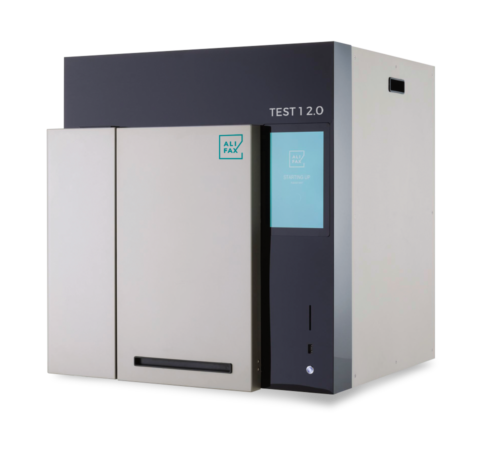
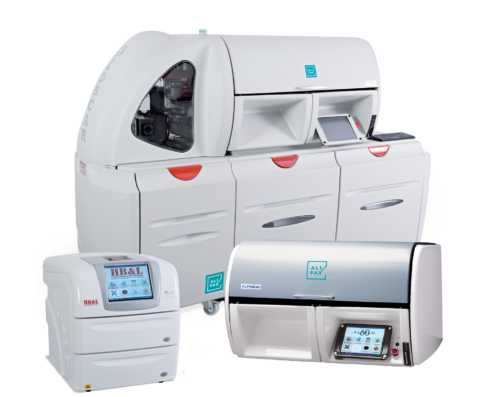
Alifax has developed and patented automated instruments
and specific kits for bacterial detection in different samples
starting from the need for a diagnostic method that meets
the main requirement of rapidity and standardization.
HB&L, Alfred 60/AST, and Sidecar through the light
scattering technology, detect in a few hours the presence of
micro-organisms responsible for infectious pathologies and
their drug resistance with high sensitivity and specificity
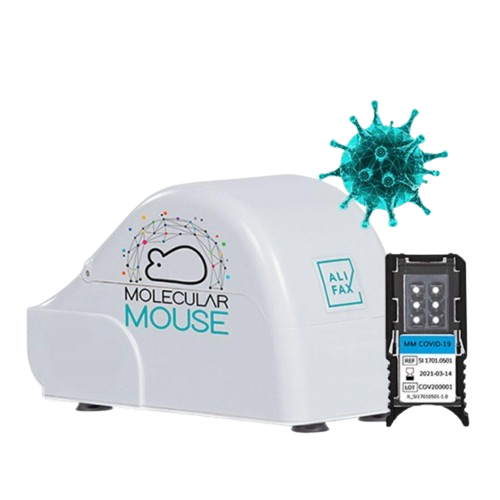
Qualitative and fast analysis of DNA targets through real-time PCR
Molecular Mouse system is the world’s first handheld platform for the Real Time PCR.
Ready-to-use lab-on-chip cartridges, with all lyophilized reagents in each micro-well, it is possible to perform up to 6 simultaneous multiplex reactions
The largest panel, with 64 different targets, for the rapid detection of microorganisms of major clinical relevance and their antibiotic resistance genes, starting from positive blood cultures
Rapid results in about 1 HOUR
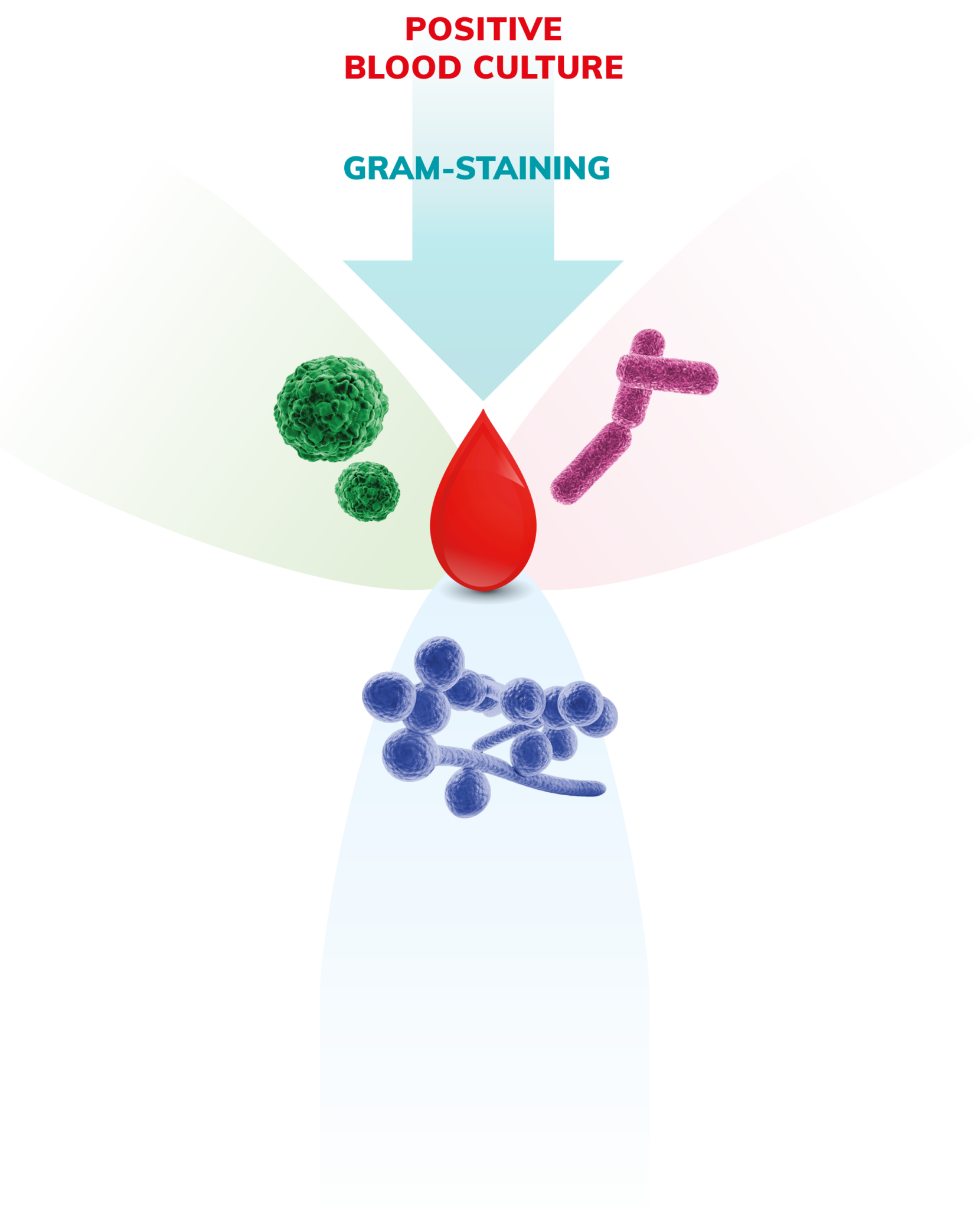

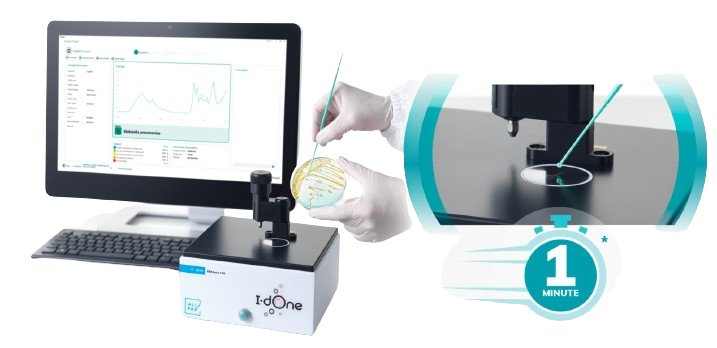
Thanks to the ATR-FTIR technology, I-dOne identifies the bacterial spectra, which can be considered as the molecular fingerprint of microorganisms.
EASY AND FAST PROCEDURE
Reagent free
No sample pre-treatment
User-friendly interface
Easy cleaning procedure
No mechanical maintenance
*from sample deposition to aquisition and identification
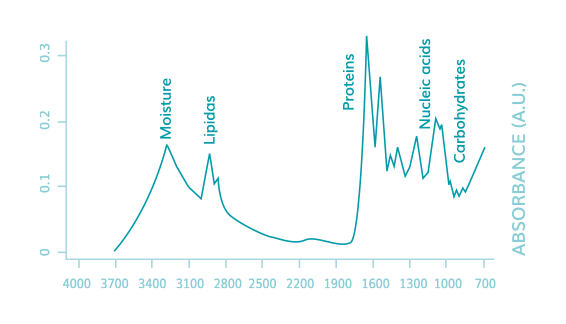
I-dOne analyses the spectrum produced by the interaction between intact microbial cells and IR light through the vibrational state of their chemical bonds. Each species produces a unique fingerprint-like FTIR spectrum
Results are reported as Microorganism ID along with relative score that represents the reliability of the identification to known vibrational profiles of species present in the reference database
©2024 biotron.co.il All Rights Reserve | Built by HDigital | הצהרת נגישות
מופעל על ידי אבירם אזיאל | led by CEO Aviram Aziel